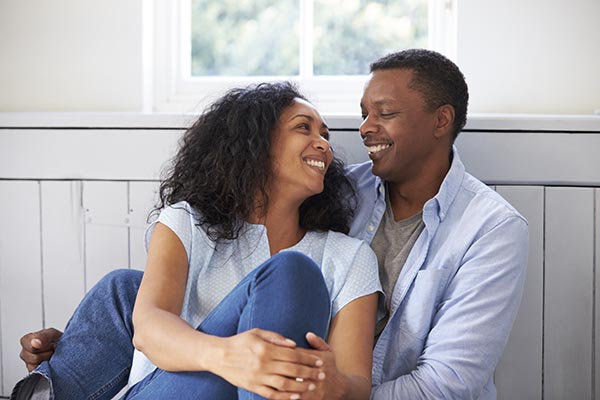Relationship counselling always hits the headlines at this time of year, as counsellors experience a post-Christmas and New Year rush.
While some people contact our members because of rows they’ve had during a fraught Christmas holiday period, many get in touch because they have decided the new year is a good time to work to save their relationship, or to find out how they can split up amicably.
It’s not just counsellors who experience a surge in demand at this time of year.
The first working Monday in January has been dubbed ‘Divorce Day’ due to the peak in calls to solicitors and internet searches on the theme of divorce.
But how do you suggest to your partner that you want to go to couples counselling without running the risk of causing more problems in your relationship?
“A really good way to introduce relationship counselling into a conversation is to say 'I want to find out what I can do to help this relationship,'” says Armele Philpotts, a BACP member and relationship counsellor, based in the north east of England.
Take responsibility
“The key thing is to emphasise yourself. It takes the blame out of it and takes responsibility for your own behaviour. It can avoid a partner becoming defensive.
“Some people use the tactic of saying they have already booked a session, but will understand if their partner doesn’t want to come. They explain that they want to work on learning about their relationship.”

Monday, 7 January, is the so-called 'Divorce Day' - but here’s some advice if you want to see a counsellor, and not a lawyer.
Sometimes this doesn’t work and one person will see the counsellor alone, says Armele.
“That person may make some changes to how they approach the relationships, which their partner notices. They actually see the evidence of the change, and how the counselling is working. That can still be very helpful to them, even if they do not attend the sessions.
Really powerful
“There’s something really powerful about seeing one person take responsibility for their part in the relationship. It can make a difference,” adds Armele.
“But it should never be about saying only one person cares, or nagging until the other person agrees to come to counselling."
She concludes: "As therapists we are completely open-minded when a couple, or one partner, walks through the door. We are always curious. It’s really important to find out what people want.
“We have to manage conflict. We have to help find a way to work through the emotions. It’s important to understand the way people can deal with things when they do not agree.”
To speak to a BACP relationship counsellor, visit our Therapist directory.
